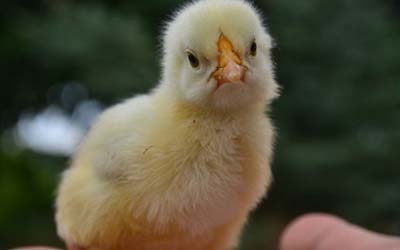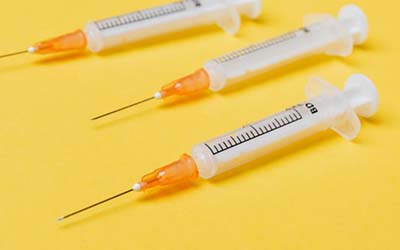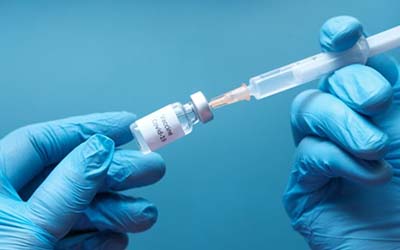|
Press Release
FOR IMMEDIATE RELEASE: March 31, 2021
MDHHS CONTACT: Chelsea Wuth, 517-241-2112, WuthC@michigan.gov
MDARD CONTACT: Jessy Sielski, 517-331-1151, Sielskij@michigan.gov
MDHHS and MDARD remind parents spring chicks may carry Salmonella
LANSING, Mich. – Health experts at the Michigan Department of Health and Human Services (MDHHS) and the Michigan Department of Agriculture and Rural Development (MDARD) are warning parents about the potential for baby poultry to carry Salmonella. Salmonella is a common bacteria found in the droppings of poultry and can cause illness in people. Salmonella germs may contaminate feathers, feet and beaks of birds, as well as cages, coops, and the environment where the birds live and roam.
“Washing your hands thoroughly before and after handling chicks and other poultry protects both you and your family from the risk of Salmonella, and also helps keep the birds healthy,” said Dr. Joneigh Khaldun, chief medical executive and chief deputy director for health. “Even birds appearing cute, healthy and clean can carry bacteria that can make people sick.”
In 2020, there were 17 nationwide outbreaks of Salmonella illness linked to contact with live poultry, causing illness in 1,722 people in 50 states. Of these illnesses, 24% were children younger than 5 years of age. Michigan reported 73 cases, and 18 cases (25%) were in children under the age of 18 years.
During spring, live baby poultry can be ordered from hatcheries or available at stores in a way that children may be able to reach and touch the birds or areas where the birds are contained. This is one way people become exposed to harmful bacteria that leads to illness. Salmonella can cause diarrhea, vomiting, fever and/or abdominal cramps lasting four to seven days or more and infections can be especially serious for the very young, the very old and those with weakened immune systems.
Baby poultry have special requirements for warmth and protection. Backyard flock owners may not be aware of the risk of Salmonella from baby poultry and consequently, may keep the birds inside their home. Potential poultry owners should plan ahead to provide a proper space that is safe for the birds and for the people in the household by giving live poultry their own shelter outside of the home.
“In order to keep birds healthy, it is important to plan ahead,” said State Veterinarian Nora Wineland, DVM. “Before bringing them home, it is essential to create a suitable safe space for them to grow that can adapt to their needs as they continue to develop. Also, to ensure their continued health, make sure to identify a veterinarian that can assist in their care.” Follow these recommendations to protect your household:
- Children under 5, elderly adults and those with weakened immune systems should not touch or handle chicks.
- Wash hands thoroughly with soap and water before and after handling the birds or anything in their environment. Adults should supervise hand washing for young children.
- If handwashing is unavailable, use hand sanitizer until you can wash your hands thoroughly with soap and water.
- Always keep poultry away from areas where food or drink is prepared, served or stored.
- Do not kiss the chicks.
- Avoid touching your mouth, eating, or drinking if you have not washed your hands after handling poultry.
- Do not keep live poultry inside the house where people live, eat or sleep.
- Do not give live baby poultry as gifts to young children.
It is also recommended to remain outdoors when cleaning any equipment associated with raising or caring for poultry, such as cages, feed, water containers and other materials. For more information, visit the Centers for Disease Control and Prevention website. |








